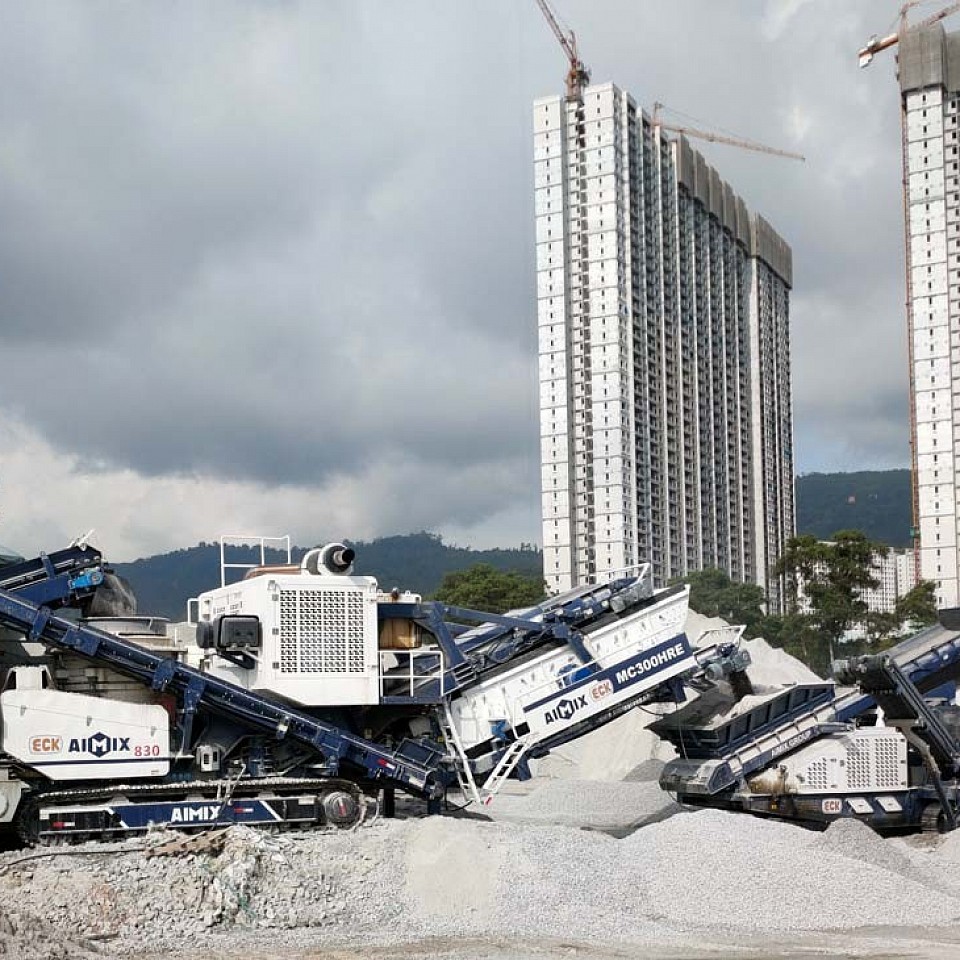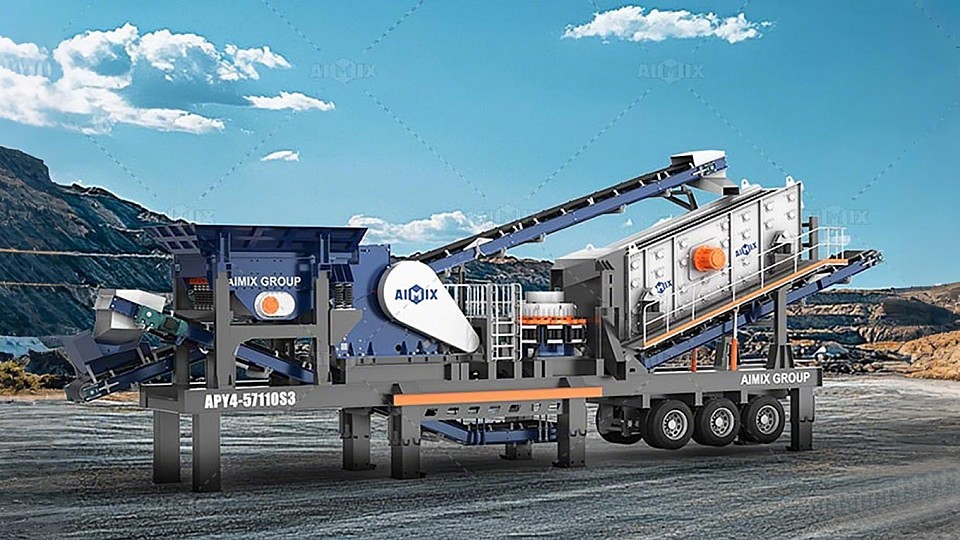How Mobile Gravel Crushers Improve Efficiency for On-site Projects
In modern construction and infrastructure projects, time efficiency and logistical fluidity are paramount. The conventional model of transporting raw gravel to fixed crushing facilities introduces unnecessary delays, fuel overheads, and logistical bottlenecks. Mobile gravel crushers offer an agile, high-performance alternative—capable of processing aggregates directly at the point of extraction or construction. This decentralized approach streamlines operations, compresses timelines, and eliminates the redundancy inherent in multi-stage material handling.
Elimination of Material Hauling Delays
One of the most significant bottlenecks in aggregate processing is the transit time required to move raw materials from the excavation site to a stationary crusher. Mobile gravel crushers eradicate this inefficiency. By crushing on location, they eliminate the need for haul trucks, loading cycles, and secondary transfers—thereby accelerating the entire project pipeline.
Additionally, the mobile configuration allows these units to adapt spatially within evolving work zones. Whether the site shifts due to excavation depth or expansion, the mobile crusher plant unit can be repositioned with minimal disruption. This flexibility of deployment is particularly advantageous in linear infrastructure projects, such as highway expansions, pipeline installations, and railway bed preparation, where the operational footprint evolves incrementally over time.
Automated Control Systems for Real-Time Adjustment
Beyond physical mobility, modern gravel crushers incorporate state-of-the-art automation and telemetry. Advanced control systems adjust jaw pressure, feed rate, and screening calibration in real time—responding intelligently to fluctuating material hardness, moisture levels, and throughput demands. This ensures optimal crushing force is applied uniformly, maximizing yield and minimizing waste.
Moreover, precision in particle sizing directly affects downstream processes. Whether gravel is destined for road base compaction, concrete batching, or drainage filtration, the crusher’s ability to maintain dimensional uniformity ensures compatibility with technical specifications. This reduces the incidence of rework and material rejection, two silent killers of jobsite efficiency.
Reduced Fuel and Labor Expenditure
From an economic standpoint, mobile gravel crushers deliver compelling cost reductions. The consolidation of crushing and screening plant on-site reduces reliance on heavy-duty haulage equipment, translating to lower diesel consumption and reduced operator hours. Labor-intensive tasks associated with material shuttling are eliminated, and the need for multiple operating crews across sites is significantly curtailed.
Equally important is the environmental benefit. The reduction in machinery movement and fossil fuel combustion leads to a lower carbon footprint, aligning with sustainability mandates and green construction certifications. Dust emissions and road wear are also minimized when hauling is eliminated—factors that are increasingly scrutinized in urban and ecologically sensitive developments.
In aggregate, mobile gravel crushers serve not merely as equipment upgrades, but as strategic assets that redefine site productivity. By decentralizing crushing operations, embedding automation, and curtailing wasteful expenditures, they empower project managers to meet deadlines, uphold quality standards, and minimize environmental disruption—hallmarks of modern, efficient construction workflows.


